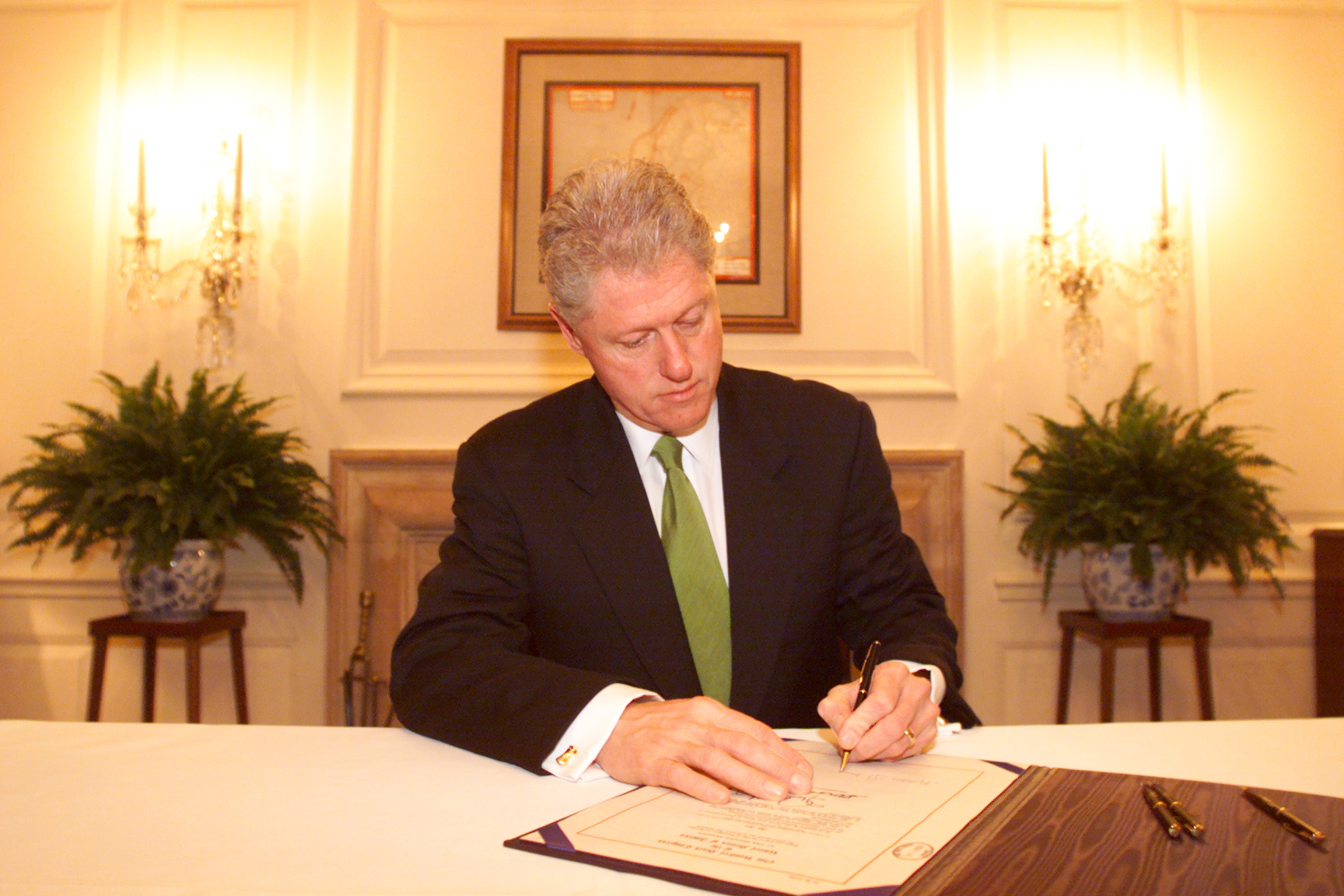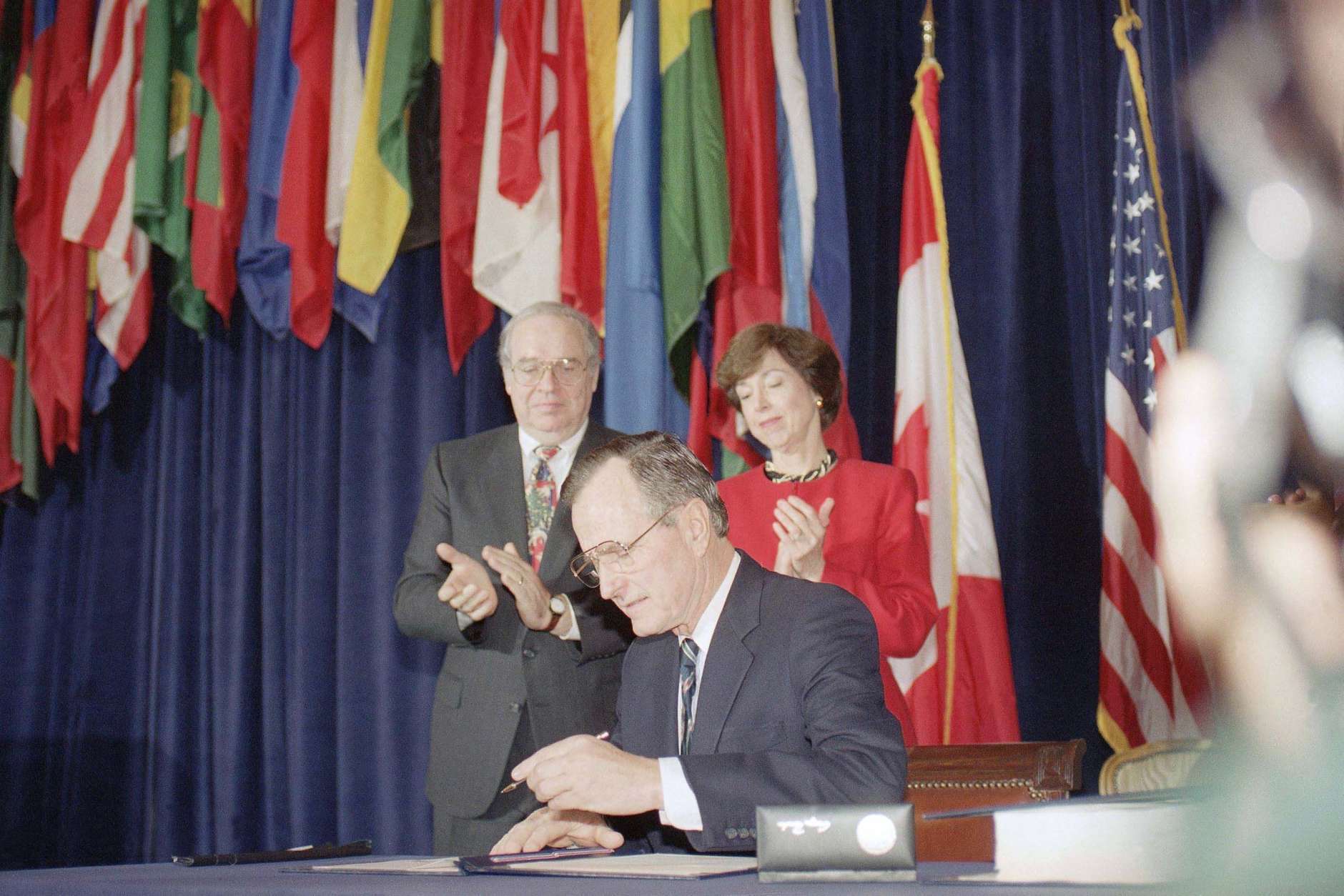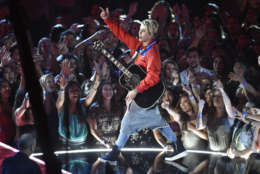

















WASHINGTON — Monday is a day to celebrate all that’s left with the world: It’s Left-Handers Day, intended to recognize those who come at the world from a different angle, but often get to places right-handers don’t.
“Overall, it’s a good thing to be a left-handed person,” said Dr. Gholam Motamedi, Professor of Neurology at the Georgetown University School of Medicine and the director of the Comprehensive Epilepsy Center at Georgetown University Hospital.
He said he believes “left-handedness is good. There is a higher chance of being successful, educated, more intellectual.”
While left-handers make up about 10 percent of the population, five of the last seven U.S. presidents have been left-handed (Ronald Reagan was born left-handed but learned to write right-handed). They also have comprised the major-candidate presidential fields in 2008 (Barack Obama and John McCain) and 1992 (Bill Clinton, George H.W. Bush and Ross Perot).
Left-handers didn’t always have a day to celebrate. Indeed, left-handedness was once literally beaten out of children. As Rik Smits wrote in The New York Times, the British child psychologist Sir Cyril Burt once wrote that left-handers “flounder about like seals out of water,” and a decade later, the head of child psychiatry at Mount Sinai Hospital called left-handedness “an expression of infantile negativism.”
The practice stopped after World War II, Motamedi said, though it continues elsewhere — the very different proportions of left-handedness in Americans and, for one, Koreans, at different ages reflects that. And good thing, he said: “It’s like trading gold for copper!”
The doctor also said that left-handers have been shown to “develop abilities beyond ordinary people” and show more innovative thinking, as well as being overrepresented among those with autism and mood disorders such as depression. “Those are the extremes,” Motamedi said.
(For his own part, Smits, the author of “The Puzzle of Left-Handedness,” also wrote that “I found that the evidence of positive qualities associated with left-handedness was anecdotal at best, while the scores of studies associating left-handedness with all manner of afflictions were generally too unreliable to have any practical consequence.”)
What’s it all about?
But what causes left-handedness? That’s not clear. The 10 percent proportion of left-handedness is too large to be a stray aberration, but too small to be a random chance (otherwise the rate would be 50 percent, or close to it).
So something’s happening to cause left-handedness. But what is it? Motamedi said there are plenty of theories, but no one is sure yet. There are “tons of studies contradicting each other, [but] we don’t have a unifying theory.”
The right half of the brain controls the left, particularly when it comes to motor activity, he said; the left half controls the right. This is most apparent after a stroke; damage to the right side of the brain can result in paralysis in the left half of the body and vice versa.
One theory holds that “some insult or injury” happens to the left hemisphere during pregnancy or birth, and the right half takes over.
Another holds that it’s genetic, though the two theories can complement each other: Whatever condition causes an injury to the brain that causes left-handedness could be genetically caused, Motamedi said. Indeed, he said, identical twins can be differently handed, which leads to the conclusion that both nature and nurture — genetics and physical conditions — determine left- and right-handedness.
Some researchers have found a correlation to asthma, allergies and myopia so irregularities in body immunity could be the cause, Motamedi said. And the Geschwind theory holds that higher testosterone in the mother would similarly affect the brain, which would explain why there are more left-handed men than women, he said.
One thing’s for sure, said Motamedi: “You should always compliment left-handed people.” And he practices what he preaches: He said he’s “a poor right-hander, but just an admirer of left-handers!”
Left on!








